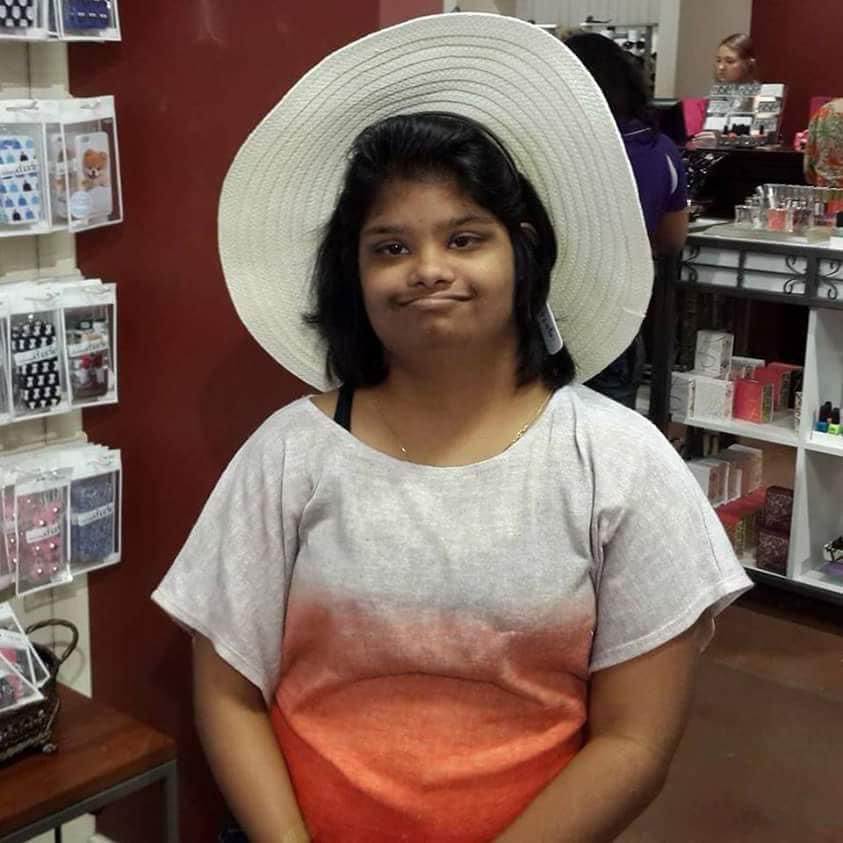Educational Therapy
The most common early intervention services for babies with Down syndrome are Physical, speech and language therapy. Early intervention programs with a team of therapists and special educators would be very helpful
There is no single or standard treatment for Down Syndrome (DS). Treatment is based on the individual’s physical and intellectual needs and the personal strength and limitations of the DS person.
Fine Motor Skills
Occupational therapy may encourage the development of fine motor skills, some children will need extra
help to learn hand and finger movements, required to hold a spoon, a crayon or buon up a dress.
Activities using both hands and providing them with clay sand and paint will help them focus a lot beer because it involves the use of the sensory system too. Kneading a dough squashing and squeezing dough balls through fingers also will improve fine motor skills.
Music
Music is a motivating way to improve fine motor skills. It also improves memory, communication and social skills. Music helps us to improve our moods, decrease stress and help us calm down. Music can be appealing to children with DS because of its aesthetics, built-in emotion and even repetition. Music can be used as a tool for helping these children in whatever they are working on.
Adult With Down Syndrome
Adults with DS have a range of needs, abilities and desires like any other normal person. Some will learn to drive, to cook, to keep a house, to stitch or knit, have relationships, and live on their own.
People with DS experience the same feelings and moods as everyone else. They often have mild to moderate intellectual disability and may have specific challenges with attention ,verbal memory and expressive communication.
Behavioral problems such as stubbornness, impulsivity, and temper tantrums may be more common in children with DS.
Occupational therapists working with individuals with DS can improve their participation in everyday activities. Potty training for children with Down Syndrome When the child is around 3 to 5 five years old he or she could be potty trained.
The child should be encouraged to drink a lot of water, and they should have a healthy diet including fruit and vegetables. When children are able to sit independently they can start to sit on the potty or toilet. For a start, they should sit for a few seconds and should be praised for doing so, and can be involved in checking to see if there is any pee or poo( making sure that everyone uses the same words) there. Any success will be a bonus.
Changing their clothes encourages them to associate pees and poops with toileting. Also if such training is done at a particular time of the day the child will gradually learn what he or she is expected of.
Puberty
The timing and sequence of pubertal changes in girls is usually 10.0+/-. 8 years for girls and 10.6+/-1.2 years for boys. Many girls with DS are able to become completely independent in managing period hygiene with some help and guidance while some girls have difficulty in managing period hygiene. In girls, the menstrual cycle occurs usually every 26- 34 days. A woman with DS can have children. If her partner does not have DS ,the theoretical chance of the child having Down Syndrome is 50%. There have been only a few reports of men with DS fathering children. People with DS have sexual and emotional needs and desires, and they are urged to be in relationships.


